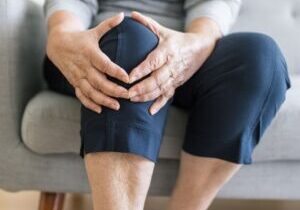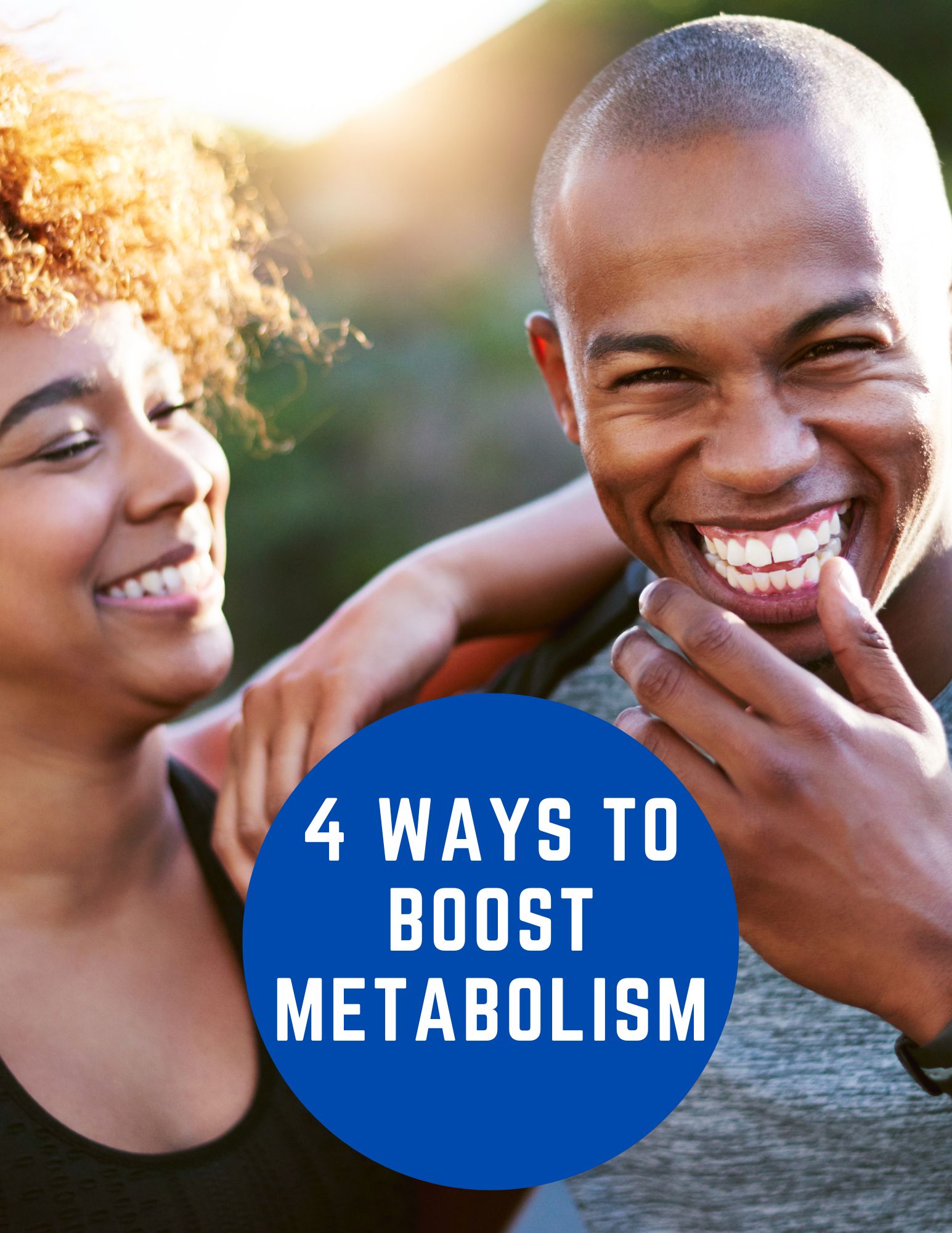Breaking the Silence on Menopaue Joint Pain
If you're a woman navigating the choppy waters of menopause, you're probably familiar with an unwelcome companion: joint pain. Those mysterious aches that seem to appear out of nowhere, making every movement a challenge. But what if I told you there's a natural solution that's been hiding in plain sight?
The Hormonal Rollercoaster and Your Joints
Menopause isn't just about hot flashes and mood swings. The dramatic drop in estrogen triggers a cascade of changes in your body, including increased inflammation and decreased joint lubrication. It's like your body's natural shock absorbers are losing their bounce.
Menopause isn't just about hot flashes. Hormonal changes, particularly the decline in estrogen, can significantly impact your joints. Estrogen plays a crucial role in inflammation regulation and joint health. Research published in the Menopause journal indicates that estrogen loss can lead to:
- Increased inflammation
- Reduced collagen production
- Decreased joint lubrication
- Higher risk of developing osteoarthritis
Enter Curcumin: Nature's Inflammation Fighter
What Exactly is Curcumin?
Derived from turmeric, curcumin is more than just a kitchen spice. It's a powerful compound with remarkable anti-inflammatory properties that research is proving can be a game-changer for joint health.
The Science Behind the Solution: Proven Benefits Backed by Research
- Inflammation Reduction: A landmark study in the Journal of Medicinal Food revealed curcumin's ability to significantly reduce inflammatory markers in osteoarthritis patients.
- Pain Management: Research published in Phytotherapy Research demonstrated curcumin's potential to match the effectiveness of some anti-inflammatory medications – without the harsh side effects.
How Curcumin Works Its Magic
- Blocks Inflammatory Pathways: Stops pain at its source
- Protects Cartilage: Helps preserve joint health
- Reduces Swelling: Provides natural relief
- Supports Mobility: Helps you move more freely
Maximizing Curcumin's Power: Pro Tips
The Black Pepper Hack
Here's a little-known secret: Combine curcumin with black pepper. The piperine in black pepper can increase curcumin absorption by up to 2000%! This means more of the good stuff actually reaches your joints.
Recommended Dosage
Most studies suggest 500-1000 mg daily for optimal joint health benefits. But remember, always consult with your healthcare provider.
Real Women, Real Results
"After starting curcumin supplements, I noticed a significant reduction in my joint stiffness. It's been a game-changer during menopause!" - Sarah, 52
What to Look for in a Curcumin Supplement
Key Considerations
- High bioavailability
- Third-party testing
- Standardized curcuminoid content
- Combined with black pepper extract
Beyond Supplements: A Holistic Approach
While curcumin is powerful, it's most effective when combined with:
- Regular low-impact exercise
- A balanced anti-inflammatory diet
- Stress management techniques
- Adequate hydration
Potential Side Effects and Precautions
Most people tolerate curcumin well, but some may experience:
- Mild digestive discomfort
- Potential interactions with blood thinners
- Possible allergic reactions
When to Consult Your Doctor
- If you're on medication
- Have pre-existing health conditions
- Experience any adverse reactions
The Bottom Line
Menopausal joint pain doesn't have to be your new normal. Curcumin offers a natural, scientifically-backed approach to managing discomfort and supporting joint health.
Ready to Take the Next Step?
Explore Our Recommended Curcumin Supplement: Gaia Herbs on Fullscript.
Disclaimer: This blog post is for informational purposes only and is not intended as medical advice. Always consult with a healthcare professional before starting any new supplement regimen.
References
- Randolph et al. (2003). Menopause Journal
- Calder, P.C. (2013). Prostaglandins, Leukotrienes and Essential Fatty Acids
- Daily et al. (2016). Journal of Medicinal Food



